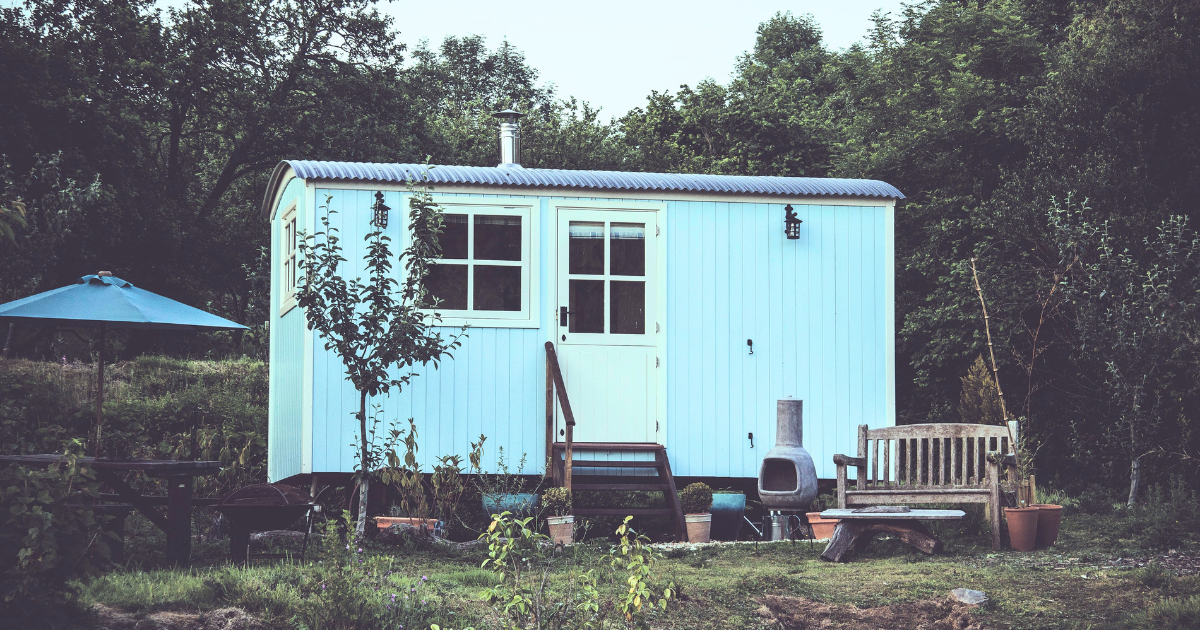Investing in tiny homes has become popular as people look for cheaper and more sustainable housing options. While living in a small space might sound appealing, it’s crucial to carefully think about the advantages, disadvantages, and financial impact before committing to this major life choice.
In this blog post, we’ll discuss the factors involved in investing in tiny homes, including the financial aspects, pros and cons, and insights from experts. We’ll also share helpful information from reliable sources to assist you in making an informed choice.
Financial Considerations: One reason people like tiny homes is because they are more affordable. Tiny homes usually cost less to buy, have lower utility bills, and potentially lower mortgage or rent payments. But it’s important to consider all the costs involved, such as buying or renting land, construction or purchase expenses, ongoing maintenance and repairs, and other utility and amenity costs.
According to Investopedia, financial considerations are just the beginning when it comes to deciding whether to become a tiny house owner. It’s crucial to assess your budget, lifestyle, and long-term financial goals to determine if investing in a tiny home aligns with your objectives.
Pros of Investing in Tiny Homes: Many people find tiny homes to be an appealing option since they provide a number of benefits. These include:
- Affordability: Tiny homes are significantly cheaper than traditional houses, making them accessible to a wider range of buyers.
- Minimalism: Living in a tiny home encourages a minimalist lifestyle, promoting decluttering and reducing material possessions.
- Energy Savings: The small size of tiny homes means they require less energy for heating, cooling, and lighting, resulting in reduced utility costs.
- Environmental Sustainability: Tiny homes have a smaller carbon footprint and are often built with eco-friendly materials, making them a greener housing choice.
Cons of Investing in Tiny Homes: Owning a tiny house has many advantages, but it’s important to consider the potential drawbacks, including:
- Limited Space: The compact size of tiny homes means living quarters can be cramped, requiring creative organization and storage solutions.
- Financing Challenges: Securing financing for a tiny home can be challenging due to their unique nature, which may limit your options compared to traditional home loans.
- Resale Value: Selling a tiny home may be more challenging than selling a regular house, as the market for tiny homes is niche and may not appeal to a wide range of buyers.
- Challenges with land ownership: Purchasing or renting land for a tiny house can come with additional costs and complexities, such as needing a deed and title.
- Potential code and zoning restrictions: Depending on the location, tiny homes may not comply with local building codes or zoning regulations, limiting where you can place your tiny house.
Conclusion: Investing in tiny homes allows you to adopt a minimalist lifestyle and potentially save money. However, it’s important to think about the financial impact, including upfront costs, ongoing expenses, and market conditions. By carefully weighing the pros and cons and conducting thorough research, you can make an informed decision that aligns with your lifestyle goals and financial objectives.
Remember, consulting with real estate professionals and financial advisors can provide personalized guidance tailored to your specific circumstances.
Disclaimer: The information provided in this blog post is for informational purposes only and should not be considered as financial or investment advice. It’s always recommended to consult with professionals before making any investment decisions.
Sources: Investopedia, GoLoadUp, Contrarian Thinking, ButterflyMX

